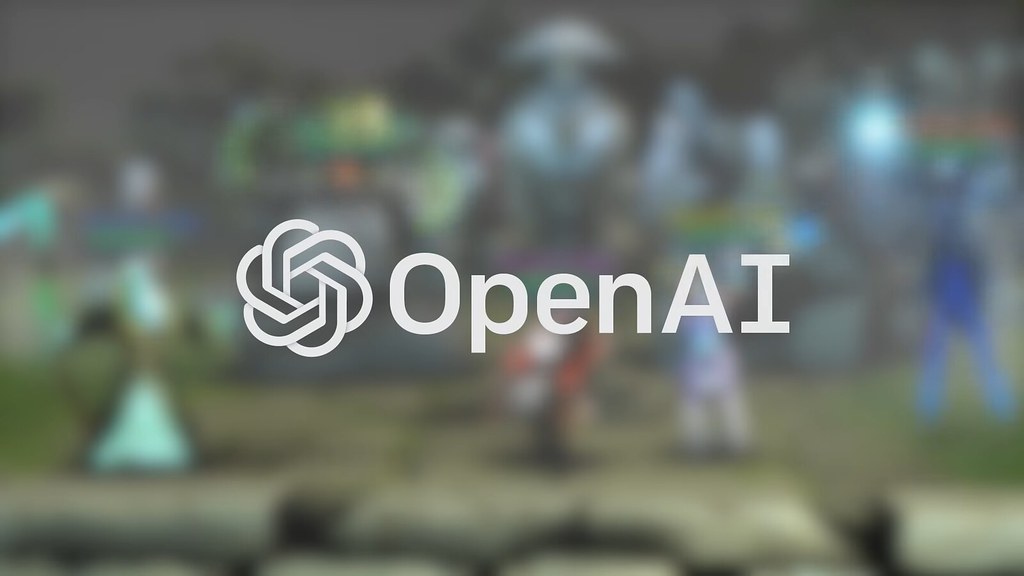Does ChatGpt steal information on the web? OpenAi risks the first $3 billion class action

If the thesis of 16 applicants were accepted, millions of people could take part in a colossal class action against OpenAi, the software house behind ChtGpt
As we have seen in the past months, the world was not ready for the exploits of artificial intelligence. It was not that of Big Tech, convinced that the innovation of the future would have been the metaverse (already failed), it was not that of work, with hundreds of layoffs by unscrupulous entrepreneurs who hope to be able to count on a new type of stainless manpower, the legal one is not, because many questions still await an answer: they range from "who answers for the defamations of the AI?" to the issues already seen on copyright which then coagulate around another question that could be the basis of the first class action against OpenAI: When ChatGpt trawls the Web, could it perhaps be stealing?
THE POSSIBLE CLASS ACTION AGAINST OPEN AI
This is the thesis to be found in the one hundred and fifty-seven pages which contain no less than fifteen charges and requests for compensation for three billion dollars advanced by sixteen plaintiffs and, so to speak, condensed, in this introductory document filed before a Californian Court by the Clarkson Law Firm with who asks the Judge to admit the first class action against ChatGpt, the much talked about generative intelligence service created by OpenAI thanks, among others, to a multi-billion dollar loan from Microsoft.
HOW CHATGPT & CO WORK
To understand whether the claims have any hope of being considered founded or not, it is first of all necessary to understand how ChatGpt & partners work, who find their ideal pasture in the data they find on the Web, ruminated, transformed and spat out according to the use they have to make of it when they are interrogated.
IS THE DATA “STOLEN”?
According to the promoters of the potential class action against OpenAi, ChatGpt would graze without asking the "permission" of those entitled, in short, the owners of the pastures or rather of the data that each artificial intelligence processes and reprocesses to work better and better. Hence the various accusations: from the actual theft to the violation of copyright passing through that of privacy.
THE REQUEST TO PULL THE PLUG ON CHATGPT
And, indeed, the request to the judge to institute a class action by the sixteen authors of the deed: those data in fact belong to an endless number of people, who may want to be compensated by OpenAi.
Furthermore, the appellants, pending the decision, ask that the Judge orders OpenAI to block the development and operation of ChatGpt: therefore pull the plug until it is ascertained whether its mode of operation is legal or not.
THE SCENARIOS THAT OPEN
Moreover, similar requests could begin to flock to any court in the world, given that there is no exclusive forum: therefore, if the Californian judge hearing the decision rejects the request, nothing prevents a New York law firm from proposing it again and so on until you find the Court determined to understand more about how artificial intelligence works.
If we multiply such an example for all the courts in the world, the developers of ChatGpt could be in serious trouble or at least be forced to churn out an algorithm dedicated exclusively to sorting the subpoenas…
This is a machine translation from Italian language of a post published on Start Magazine at the URL https://www.startmag.it/innovazione/chatgpt-ruba-informazioni-sul-web-openai-rischia-la-prima-class-action-da-3-miliardi-di-dollari/ on Tue, 04 Jul 2023 09:12:30 +0000.
